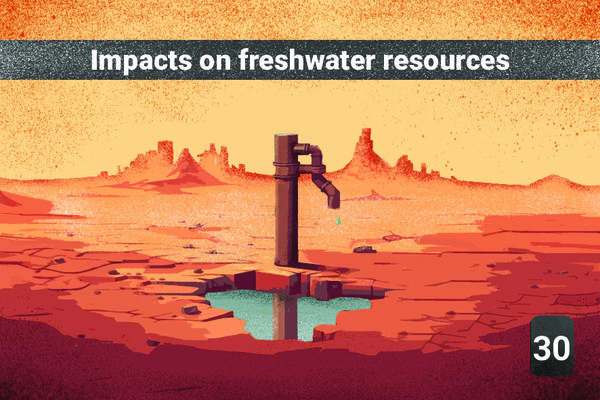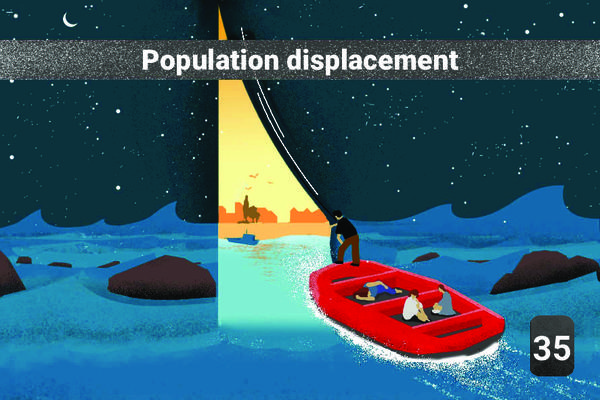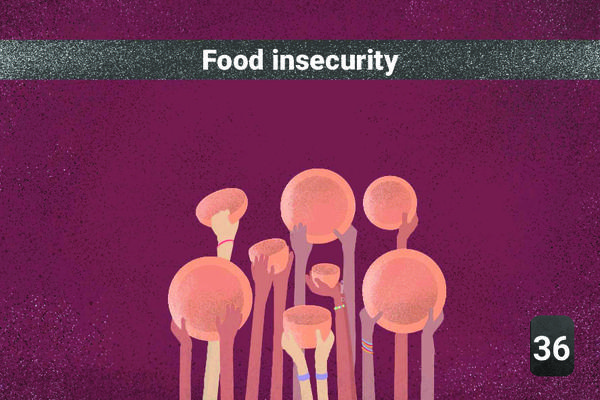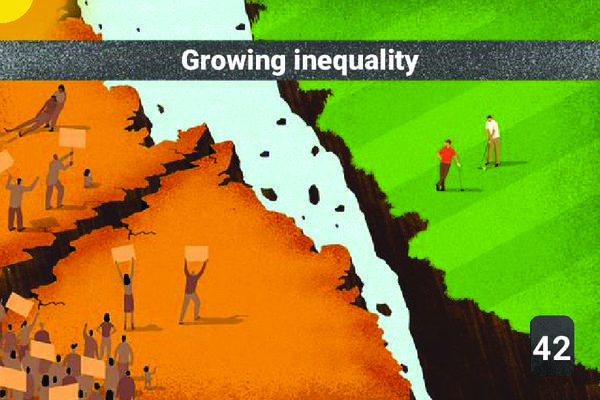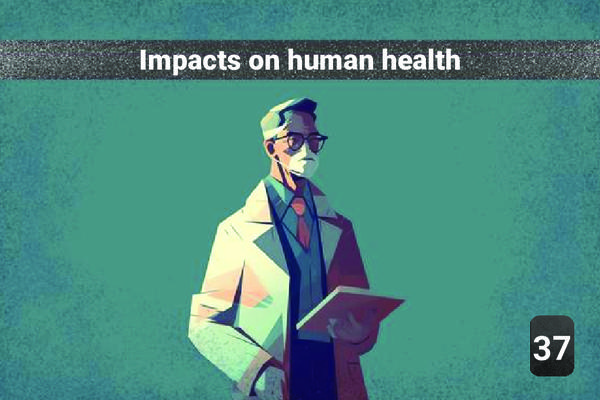38 - Armed conflicts
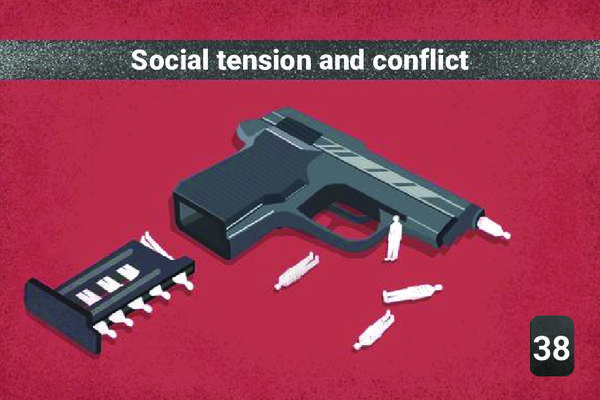
✏️ This explanation does not yet exist in your language… Just click here or send an email to fdn.memo@marc-antoinea.fr and suggest your translation!
4Causes
Tensions over freshwater resources, aggravated by climate change, can have an impact on armed conflict, as water is a vital resource whose scarcity or mismanagement exacerbates rivalries between groups, regions or countries. Here are some of the reasons why: Vital dependence on water: Fresh water is essential for survival (drinking), agriculture (irrigation) and industry. When it becomes scarce due to drought, over-consumption or pollution, the populations or states that depend on it may resort to violence to secure their access, especially in arid regions such as the Middle East or the Sahel.
Unequal sharing of cross-border resources: Many rivers and aquifers cross several countries (e.g. the Nile, Euphrates, Jordan). If an upstream country builds a dam or diverts water, those downstream, deprived of their share, may perceive this as aggression. For example, tensions between Ethiopia (Nile dam) and Egypt have already led to threats of conflict.
Increased local competition: On a regional scale, farmers, herders and city dwellers compete for available water. In Nigeria, for example, conflicts between nomadic herders and farmers intensify when water points dry up, sometimes degenerating into armed violence between communities.
Famines can in turn cause destabilization, unrest and even armed conflicts.
Growing inequality and armed conflict are linked because economic, social or political disparities create tensions that can degenerate into organized violence. Here are the main reasons for this connection: Frustration and resentment: When part of the population is excluded from wealth, opportunities or power (e.g. corrupt elites vs. poor masses), this generates anger. This sense of injustice drives marginalized groups to revolt, as in the Arab Spring (e.g. Tunisia, 2011). Competition for resources: Inequality amplifies the struggle for limited resources (water, land, oil). The poorest people, seeing the elites monopolize these goods, may take up arms to claim them. In South Sudan, for example, inequalities in access to fertile land have fuelled armed ethnic conflicts. Weak institutions: In unequal societies, governments are often perceived as illegitimate or unable to redistribute wealth equitably. This loss of confidence encourages the emergence of armed factions that challenge authority, as in Colombia with the FARC, born of rural inequalities.
4Consequences
Wars foster inequality, because they disrupt economic, social and political structures in such a way as to concentrate wealth and power in the hands of some, while making others even more vulnerable. Here's why: Unequal destruction of resources: Wars destroy infrastructure, land and homes, but the poor, who often depend on these assets to survive (e.g. farmers), lose everything with no way of getting back on their feet. The wealthy, with diversified assets (bank accounts, foreign property), are less affected or may even benefit from reconstruction. War economy and opportunistic profits: Conflicts create parallel markets (weapons, looting, smuggling) that enrich a minority: warlords, traffickers or companies linked to power. During the war in Syria, for example, some close to the regime amassed fortunes, while the population grew poorer. Population displacement: Wars force millions of people to flee, becoming refugees or internally displaced persons. These groups lose land, jobs and savings, falling into precariousness, while those who remain in safety or have networks maintain or increase their status.

